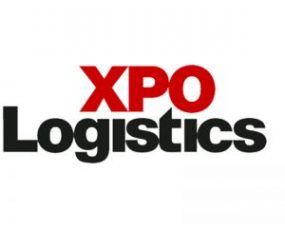
XPO Logistics demonstrated its focus on profits in 2019, reflecting the logic that is drawing Bradley Jacobs to consider restructuring the company by selling off a number of its largest divisions.
In its latest results, released on Tuesday (11/2), revenue fell by 3.6% and net income edged down by $4m to $440, due in substantial part to higher interest payments, operating profits were up 14% at $821m.
Of the constituent businesses of XPO, revenue at freight brokerage in North America was down 14% driven by the “loss of business from the company’s largest customer”; this probably being Amazon. That said the market was not strong generally. ‘Last Mile’ revenue also fell by 18% to $873m although the key ‘less-than-truckload’ business- which CEO Bradley Jacobs has stated he wished to retain- edged up by $11m to $3.841bn. In Europe, both the truckload and the less-than-truckload business saw revenue fall back by a marginal $42m to $2.831bn.
What Bradley Jacobs was pleased about was “that we grew fourth quarter EPS (Earnings per Share) by 50% year-over-year, and adjusted EPS by 56%”. He also noted the less-than-truckload business had high operating performance ratios and that the “logistics segment generated a double-digit adjusted EBITDA (Earnings Before Interest, Depreciation and Amortisation) margin in the quarter for the first time since 2015.”
XPO Logistics also seems to continue to emphasise the importance of investment in technology, attributing improvements in profitability in less-than-truckload, logistics and forwarding activities to its new IT and automation systems. It is worth noting that capital investment at XPO is not insignificant being “in the range of” $500m for the year.
XPO Logistics is a disciplined organisation, which has demonstrated the ability to execute strategic priorities effectively, notably switching from acquisition and integration to profitability. However, it remains a complex organisation that is also aware of the impact technology is having in changing the nature of many of its businesses. Such complexity brings risk and that is reflected in the valuation of the group as a whole. Is it too surprising that a value based investor such as Mr Jacobs would wish to rationalise such a portfolio?
Source: Transport Intelligence
Author: Thomas Cullen